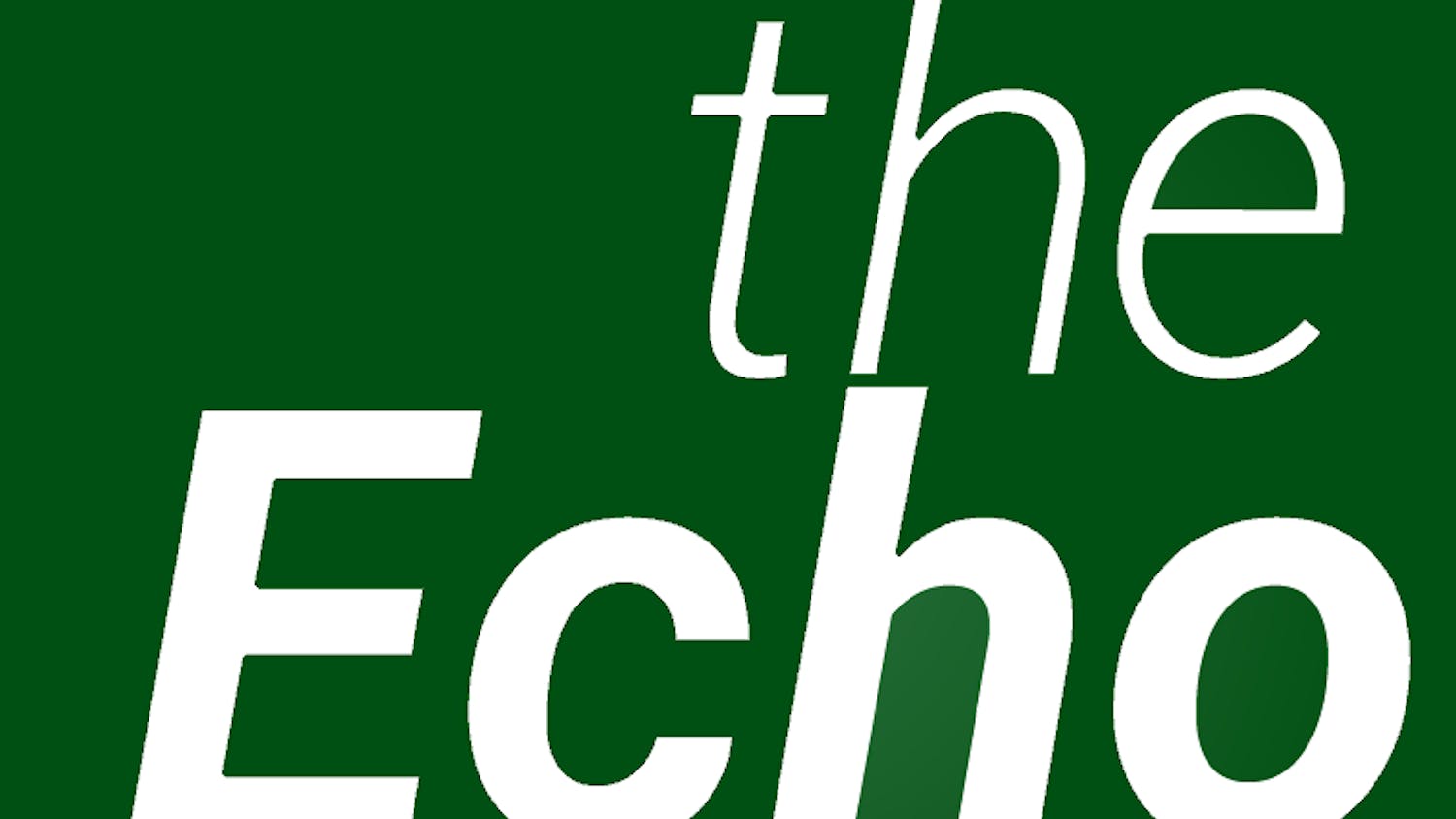Eileen Gaffney, a dietetics intern at Eagle Nutrition Services (ENS), shares tips on healthy eating and strengthening one’s immune system. ENS provides nutrition education and counseling services aimed at improving health, nutrition and longevity. It also serves an outlet for dietetic students to learn about professional, independent dietetic practices. Listen to the full episode above, or read her main takeaways below:
Healthy eating and COVID-19
There is no known food, vitamin, or nutrient that treats or prevents COVID-19. However, according to the CDC, certain vitamins and minerals can affect the immune system’s function in fighting infections, and reducing inflammation and swelling.
Strengthening your immune system
“'Boosting immunity' is not exactly an accurate description of the immune system,“ Gaffney said. “One may be able to strengthen the immune system.”
You can do so by:
- Eating a well-balanced diet. This includes 2-6 oz. of protein, 2-3 cups of dairy, 1.5-2 cups of fruit, and 2-3 cups of vegetables, and 3-8 oz. of whole grains each day.
- Exercising regularly.
- Not smoking.
- Getting enough sleep.
- Washing hands, wearing a mask, and maintaining social distancing.
Key vitamins and minerals
The following vitamins and minerals can have an impact on immune system function. Gaffney also suggests different foods that are rich in each vitamin or mineral.
Zinc
- What it does: Helps control inflammation in the body by slowing down this immune response to stress.
- Where to find it: Crab, fortified cereals
Vitamin B6
- What it does: Critical to general immune system function
- Where to find it: Chicken, beans, hummus, bananas, baked potatoes
Vitamin C
- What it does: Helps stimulate the formulation of antibodies
- Where to find it: Citrus fruits like strawberry and kiwi, bell peppers,
Vitamin D
- What it does: Used in many different bodily functions, including maintenance of health bones
- Where to find it: Gaffney says this vitamin is difficult to get through food alone, and recommends considering a supplement
Supplements
“There is evidence suggesting [that] Vitamin C, in particular, can alleviate the severity and duration of the common cold, but it’s still always better to obtain your need through actual food,“ Gaffney said.
The recommended value for Vitamin C is about 90 mg a day for men and 75 mg a day for women. One can achieve the daily serving with an orange, a kiwi, or a serving of broccoli. Someone who is unable to eat certain foods due to an allergy or other medical condition may take a vitamin or supplement.
Vitamin D supplements can also be beneficial, as this Vitamin can be difficult to achieve through food alone. Gaffney says it is best purchased as Vitamin D3 at 1000-2000 international units (IU) per day.
Reliable sources of nutrition research
Eagle Nutrition Services is located at 160 Rackham Hall, and is open every Monday through Thursday, 8:30 a.m. - 4:30 p.m. You can find a full list of their available services and pricing here.











